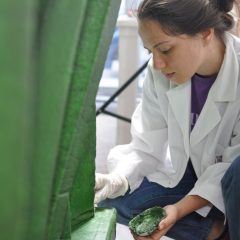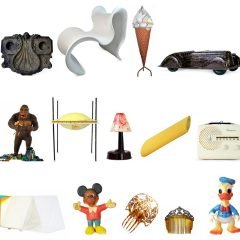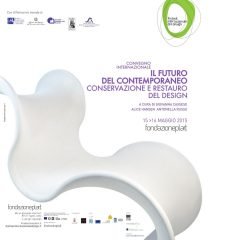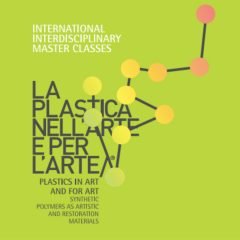Research

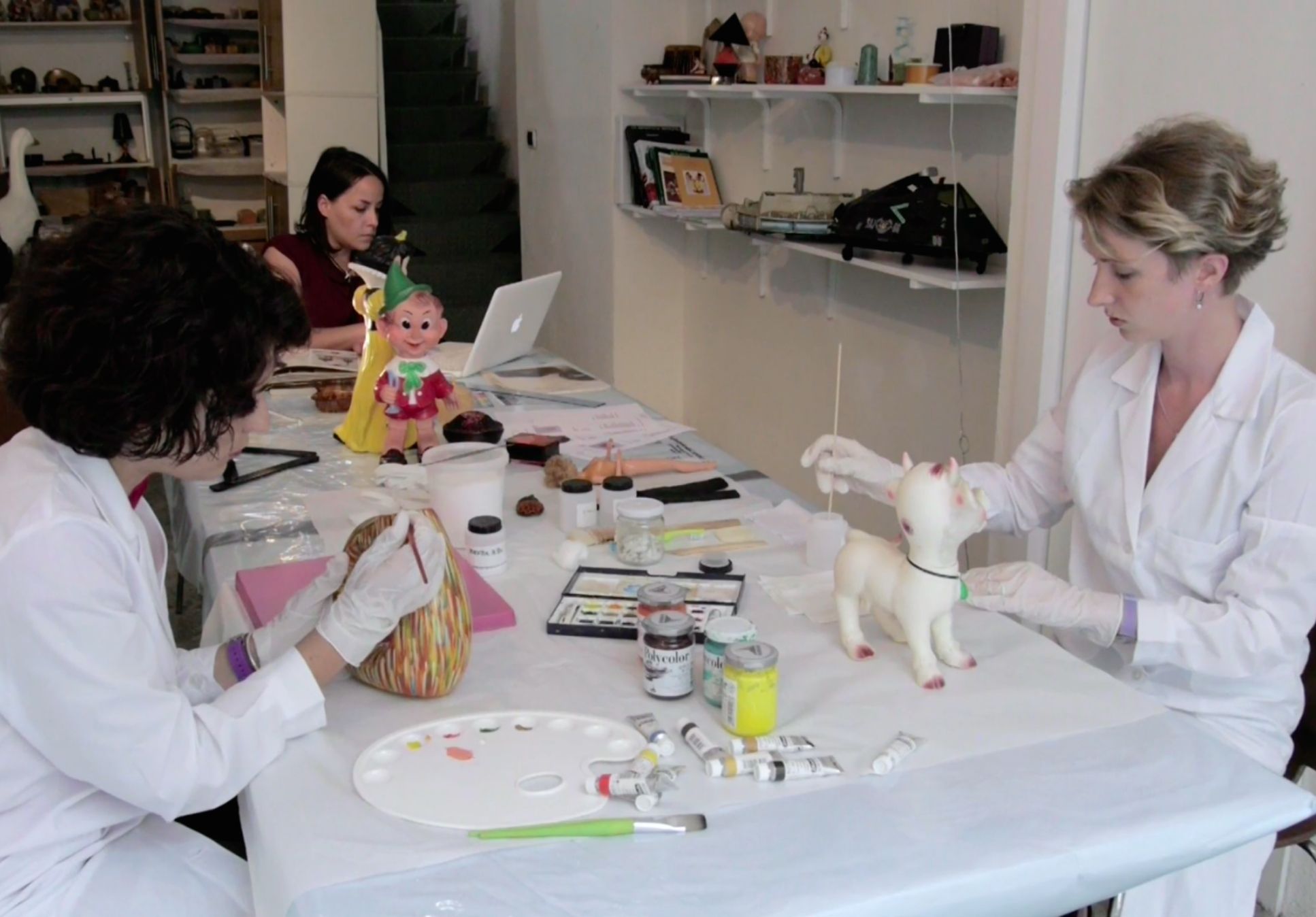

Since 2008 the scientific laboratory has been working on various research and conservation projects of the permanent collection.
The methodological approach to a material as common in our life as plastic – usually considered indestructible, yet complex and delicate in terms of restoration – can be quite difficult. Every conservation intervention is preceded by the study of the elements of authenticity, since each object has its own peculiar conservation history, it is composed of specific polymers and additives and has its own peculiar sensitivity to degradation processes and restoration products.
The documentation of contemporary heritage occurs mainly thanks to three tools:
- historical-artistic research for which the Plart has equipped a specialised library;
- cataloguing through the use of a specially designed sheet that takes into account the artistic, historical, material and technological aspects of every single artefact;
- interviews with designers and artists for a correct interpretation of the works.
The Museum is equipped with scientific instruments for the identification of synthetic polymers, i.e. the different plastics present in the artefacts of the collection. The research process, regular monitoring and reasoned archiving of the collection – that continues regularly with each object entry – allow to deepen the knowledge of the materials in question and detect any cases of degradation, and then act with targeted restoration interventions. The laboratory also supports temporary exhibition activities by following the movement of the works on display (compilation of condition report, packaging, handling, lighting).
Research projects are carried out through an intense networking activity. In recent years, in fact, the Plart Museum has established itself as an internationally recognised centre of excellence and in 2018 it became a founding member of the PHEA (Plastics Heritage Association) which includes, among other members, the University of Nottingham, the School of Art & Design in London, the ADAM Brussels Design Museum and the Kartell Museum in Milan.
The Plart has also organised several conferences and study days and, in collaboration with prestigious partners, specialist training workshops for Italian and foreign professionals and students on the conservation of plastic design works.
In addition, the laboratory is active in teaching through internship projects in agreement with Italian and foreign universities and academies. There are numerous publications and master’s theses on case studies from the Plart Collection.
For more information:
Alice Hansen
a.hansen@plart.it
